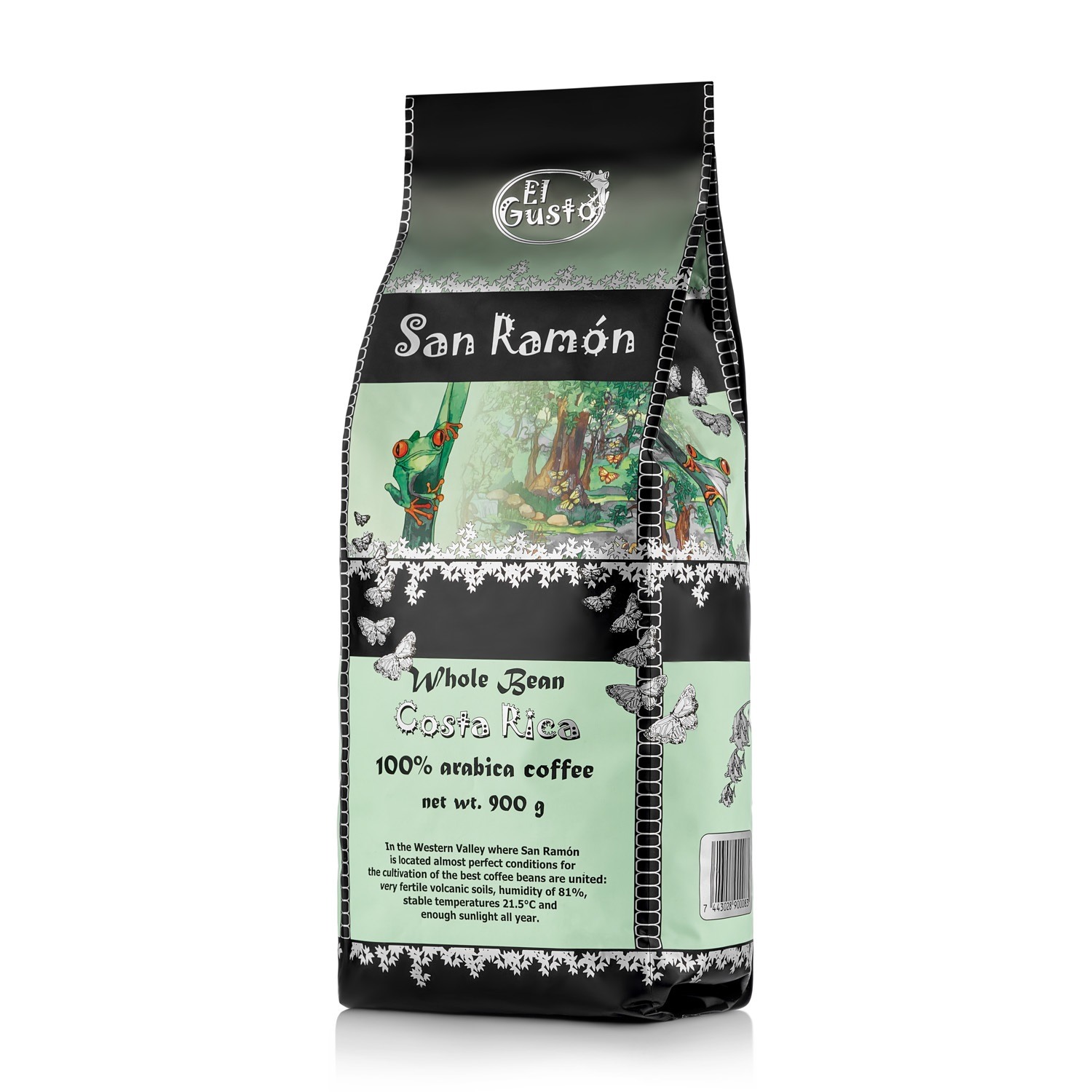
Can Pregnant Women and Nursing Mothers Drink Coffee
Table of Contents
Can Pregnant Women and Nursing Mothers Drink Coffee
- azeem memon
- 14-08-2021
- 29-07-2025
- 2094 views
- Coffee Beans, Coffee Health, Coffee Tips, Featured Articles, Information

Millions of people rely on coffee to get a fresh start in the morning. Some of them also like to have a cup more than once a day to get through their afternoon slump, in which they experience decreased productivity.
They are just not able to focus on the important tasks at hand. Caffeine is one of the most commonly used natural stimulants. It stimulates the central nervous system, improves alertness, provides an energy boost.
Adenosine promotes sleep and lethargic behavior. The effect of caffeine helps our brain in staying awake.
While too much of anything is bad for health, pregnant women and nursing mothers are especially advised to keep tabs on what they consume. Interestingly, coffee and tea are not the only sources of caffeine. It can be found in soft drinks, chocolate, and energy drinks. The question is, how much coffee is considered safe for mothers and their children. Also, what could be the possible adverse effects of overconsumption of caffeine?
How Much Coffee is Safe?
The food that a woman consumes during her pregnancy is transported to the baby via the umbilical cord. So whatever effect each food has, the baby will also receive it. During pregnancy, a woman’s body takes longer to metabolize food. For caffeine, it is even longer.
In simple words, it means that the caffeine will remain in the bloodstream longer.
Expert says that caffeine does not harm the child during the first trimester of pregnancy. Moreover, the American College of Obstetricians and Gynecologists states that consuming 200 milligrams of coffee per day is safe for pregnant women. This includes coffee and other caffeinated products.
For lactating mothers, the formula is the same – don’t go overboard with the coffee. One to two cups a day is fine. But the more you have it, the more effects you will see on your baby. Caffeine is at its peak level in breast milk after one to two hours of consumption. Even then, the amount of caffeine that enters breast milk is in very little quantities.
To avoid any harm, lactating mothers are advised to keep coffee consumption within 300mg a day. They are also asked to schedule their coffee intake several hours before feeding their child or after it. That way, the baby will receive almost no caffeine from its mother.
Side Effects of Caffeine
Overconsumption of caffeine is often associated with stillbirth, low birth weight, and other problems. Higher amounts of caffeine may restrict the baby resulting in a weaker newborn. Furthermore, caffeine reaches the baby’s bloodstream by passing through the placenta into the amniotic fluid. It takes longer for the baby’s body to process the caffeine; hence, the baby is more prone to its adverse effects than the mother.
Apart from causing problems during pregnancy and showing adverse effects on the baby’s health, it may increase the mother’s blood pressure, pulse pressure, and heart rate. Moreover, it can cause dizziness, insomnia and also aggravate frequent urination. Coffee contains certain elements that hinder the absorption of iron in the blood. This can lead to lower levels of iron in breast milk, causing mild iron deficiency in the breastfed babies.
Newborns are more prone to be sensitive to caffeine than older babies. It is best for the mothers to not consume more than two cups of coffee a day. If possible, a pregnant woman should opt for other alternatives such as herbal teas and plain water. One of the most useful alternatives to coffee is moringa latté. Moringa is a plant that has high nutritional value and contains various essential nutrients like vitamin A, B6, C, riboflavin, iron, and many essential minerals like magnesium
Another alternative to coffee is golden milk. It provides energy while giving the body’s immunity a boost. It has anti-inflammatory and antioxidant properties, making it a perfect alternative to start your morning without consuming caffeine.
Keep it Natural
For breastfeeding and pregnant women, it is better to restrict the intake of coffee. The ordeal can be hard as having coffee is the first for many women. This will be the time where women will have to prioritize their baby’s health over their habits. Natural alternatives are always there to give you the necessary boost for the day. It is better to be safe than be sorry later.
Experts recommend limiting or completely dropping the intake of coffee during the later months of pregnancy. For lactating mothers, keeping the intake of coffee at times so that it won’t affect breast milk ensures that the baby won’t get cranky and sleepless. Caffeine may be good for many reasons, but for babies, it is something that should be avoided.
























